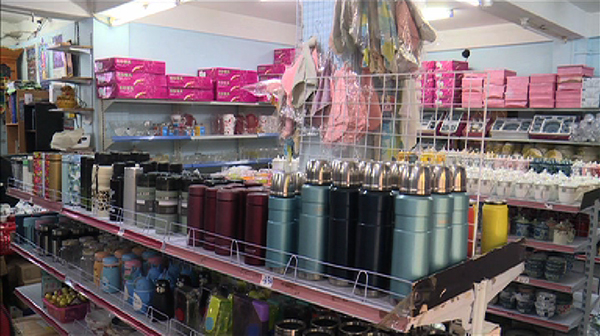 To the government’s proposal of introducing a flat 10 per cent Customs Duty on goods imported from third countries, economists say it’s a wise move. They say when more goods and services are available in the market, the price would fall. And this would help reduce inflation and provide consumers with the choice to have affordable quality products.
To the government’s proposal of introducing a flat 10 per cent Customs Duty on goods imported from third countries, economists say it’s a wise move. They say when more goods and services are available in the market, the price would fall. And this would help reduce inflation and provide consumers with the choice to have affordable quality products.
Off late, Bhutanese consumers have shifted their spendings on goods imported from third countries. For instance, Korean beauty products are the most preferred beauty products amongst Bhutanese women. They spend at least Nu 1000 on a product.
As of today, a Customs Duty of 40 per cent is imposed on such products. But if it is reduced, economists say, the Korean products will cost less which will increase the purchasing power of an individual. And this could also improve peoples’ saving.
“Reduction in duty rate means a lower price for goods and services for customers. Paying less for goods and services increases the purchasing power of their disposable income and could improve people’s savings,” said Phuntsho Choden (PhD), an Economist and a Consultant.
“If the Customs Duty is reduced, the prices of the goods here will automatically get less and also they can get quality products. Since the taxes are high at the moment, the traders bring in cheaper goods from other countries. Then the products do not last long. So a reduction in duty will encourage us to bring in quality products that will be affordable by the Bhutanese consumers,” said Tshering Dorji, the Vice-Chairperson of the Traders Association of Bhutan.
“Consumers are benefitted more than the producers in this case. When the Customs duty is lowered, the price to be paid by final consumers will also be a little low and in that way, consumer surplus would be much higher. Overall welfare gain would be there because the consumers will have a choice to buy from a different market, diverse products of diverse origin,” added Damber S Kharka, an Economist.
The Finance Minister said the current practice of multiple Customs duty in the country has been an administrative burden to a tax system. This, he said, has slowed the efficiency of service provision.
And economists say, given the incidences of tax rate manipulation where traders misdeclare one type of item as another in order to avoid paying higher duty rates, the proposed Customs Duty can help curb tax base erosion.
“You know our trucks are lining up there at the checkpoints. Delaying them and giving a lot of opportunities for different kinds of interpretations for tax officers at the field have preferential treatment to some of the importers based on your relationships. That opportunity will be rooted out. And it will also promote fairness because all importers will have a fair system and they know exactly how much tax they will have to pay. Tax collection will also become economical,” added Damber.
During the recent parliament discussion on the government’s proposal of uniform 10 per cent Customs Duty, the opposition had voiced objections saying that it will make Bhutan more import-driven and affect both small and cottage industries in the country. On the other hand, National Council recommended keeping the existing tax for a few items.
Sangay Chezom







